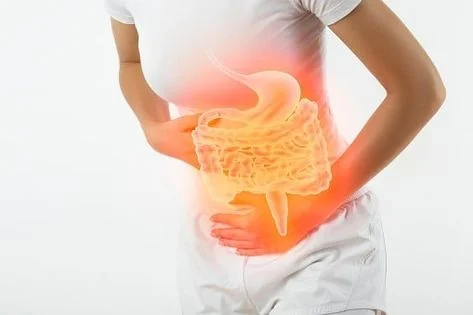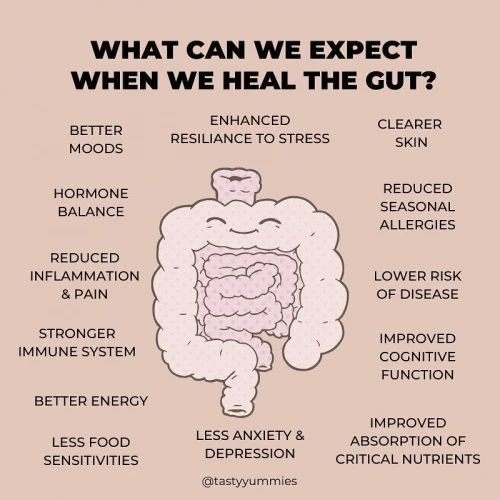Gastrointestinal Disorders

- Celiac disease
- Crohn disease
- Irritable bowel disease
- Inflammatory bowel disease
- Diverticulitis
- Gastroesophageal reflux disease (GERD)
- Hiatal hernia
- Gastrointestinal problems, such as polyps and cancer
- Infections
- Intestinal ischemia
- Malabsorption
- Peptic ulcer disease
- Short bowel syndrome
- Ulcerative colitis
- Severe nausea, vomiting, diarrhea, or pain that doesn’t go away
The digestive system is made up of the stomach, gastrointestinal tract (GI), liver, pancreas, and gallbladder – all of which help the body to digest food. Healthy digestion is a vital function for wellbeing. It’s important for breaking down food into nutrients, which your body uses for energy, growth and cell repair.
Some digestive diseases are acute, lasting only a short time, while others are chronic or long-lasting. Their causes are multiple. Sometimes a GI condition is restricted to the digestive system and other times it is a symptom of a wider, systemic problem. Some may have more than one cause, as well as multiple symptoms, and affect more than one section of the digestive system.
Bacterial, viral, fungal and parasitic infections and overgrowths contribute to an unbalanced “microbiome”, almost certainly playing a role in the development of many digestive diseases. Genetic predisposition is an important factor too. Dietary factors include overeating, overindulging in sugar, eating too much fatty food, not consuming enough fibre and consuming too much alcohol. Smoking can also contribute to digestive diseases, including ulcers and gastric reflux.
Some other common causes include inflammation, food allergies and intolerances, lactase and other enzyme deficiencies, poor circulation, ruptures or perforated organs, muscle dysfunction, gallstones, stress, antibiotic overuse and anti-inflammatory drug side-effects.

Chances are, if you’re suffering from digestive disorders including inflammatory bowel diseases, you’re all too familiar with pain, inability to savor your favorite foods and constant trips to the bathroom. The use of medical marijuana is directly associated with a reduction in inflammatory disease activity and the lessening of symptoms related to other gastrointestinal conditions.
Patients with GI disorders have been found to have higher levels of cannabinoid receptors in their colonic tissues.
Due to this, patients who suffer from these conditions and choose to use this alternative treatment method are usually presented with the reducing of symptoms and alleviating any inflammation in the body. Intestinal inflammation is directly affected and lessens in a timely manner. Many patients achieve long periods of remission when they manage inflammation and symptoms.
Patients struggling with gastrointestinal issues have had great success using medical cannabis to control and improve their symptoms:

- Abdominal pain
- Reducing inflammation
- Reducing anxiety
- Suppressing Nausea/Vomiting
- Relief from Pain and Cramping
- Poor Appetite
- Weight Loss
- Diarrhea
- Lowering Levels of Anxiety
- Relieving Depression
